Every Muslim should know about halal haircuts and haram haircuts in Islam. Some acts require more attention in Islam. Here I will discuss deeply the hairstyling and haircuts of men in Islam
Generally, men are not allowed to resemble women and vice versa. Hairdressing is permissible as long as it doesn’t involve something that is haram in the Islamic rule of Shareeha. The prophet (Peace be Upon Him) said: “Allah curses men who imitate women and women who imitate men.” (Sahih Al-Bukhari, Hadith 5546).
Prophet Muhammad said: “Who imitates a community will become one of them.” (Sunan Abu Dawood, vol 2, p 552). So Muslims are not allowed to imitate disbelievers and follow a unique habit of Kuffaar’s.
It means that man can’t adopt a woman’s look whether it is a hairstyle, eyebrows, or any other. When we talk about the haircutting of boys and men, we should keep in mind the hadith mentioned above.
Every haircut and hairstyle is not haram in Islam if it doesn’t cross the Islamic boundary of Shareeha. Means not looking like a woman or Kuffaar. The Islamic Principle is: “Everything is Halaal and permissible which is not prohibited in Islam”.
Here I’m going to discuss all Haram haircuts, Qaza Haircut, Halal haircuts, Islamic Hair styles, and the Sunnah of Prophet Muhammad (PBUH) hairstyle.
If you are a Muslim woman, then read this guide on halal and haram haircuts for Ladies in Islam (Images).
Haram Haircuts in Islam:
- Imitating Women’s Style
- Imitating non-Muslims or immoral people.
- Qaza Haricut – Al-Qaza | Qaz’a
- Partial Shaving or Cutting
1. Imitating Women’s Style
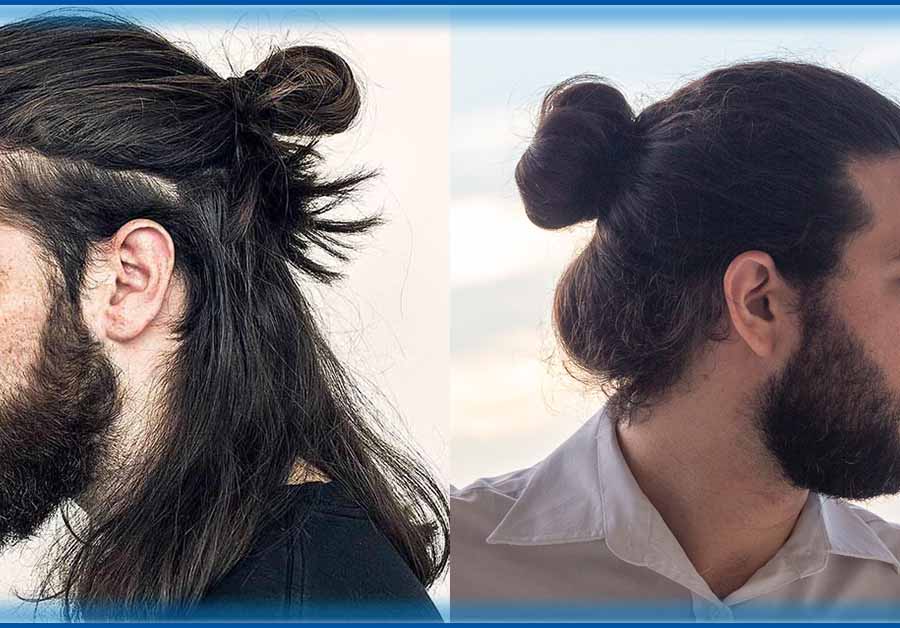
Any hairstyle which makes you look like a woman is haraam and forbidden in Islam.
The prophet (Peace be Upon Him) said: “Allah curses men who imitate women and women who imitate men.” (Sahih Al-Bukhari, Hadith 5546).
2. Imitating the non-Muslims or Immoral People
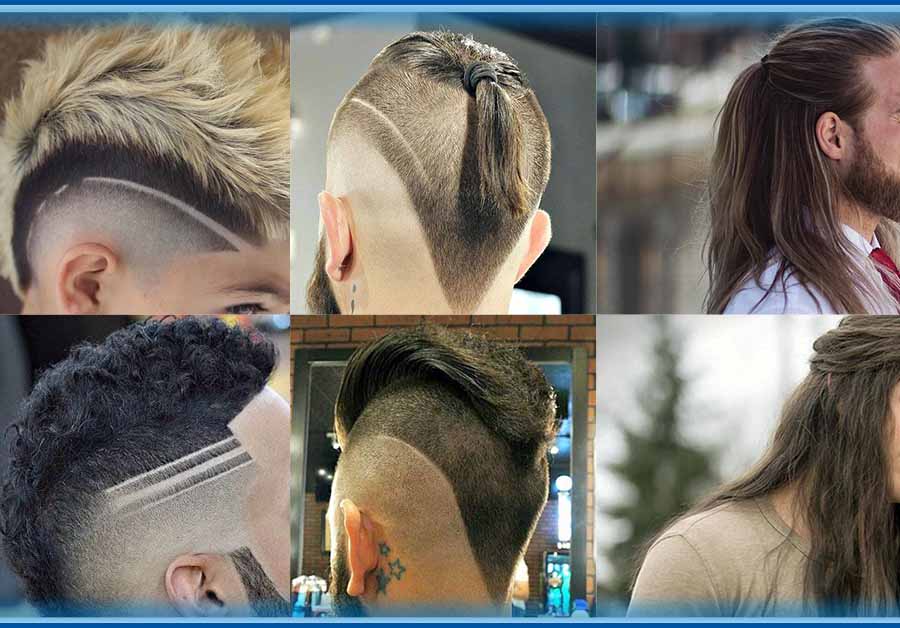
Prophet Muhammad said: “Who imitates to a community will become one of them.” (Sunan Abu-Davood, vol 2, p 552).
There are different trends and identities in every society and industry like Bollywood style, Hollywood style, Christian style, Football game-related trends, etc. Adopting any style which has a unique identity to any non-Muslim community is not allowed in Islam.
Allah’s Apostle said, “The Jews and the Christians do not dye (their grey hair), so you shall do the opposite of what they do (i.e. dye your grey hair and beards).” [Bukhari 4:668].
Check out the Best Prayer Mats for Muslims to offer prayer, and gift your Muslim friends and relatives.
3. Qaza Haircut – Al-Qaza | Qaz’a

Qaza is an Islamic term for haircutting. It means shaving one side of your head and leaving the other untouched.
Prophet (Peace be Upon Him) prohibited Qaza. One of the narrators says I asked what is Qaza? He (Prophet) replied, “To shave part of the hair of the head of a child and leave a part.” [Muslim, Hadīth no. 5681].
4. Partial Shaving or Cutting
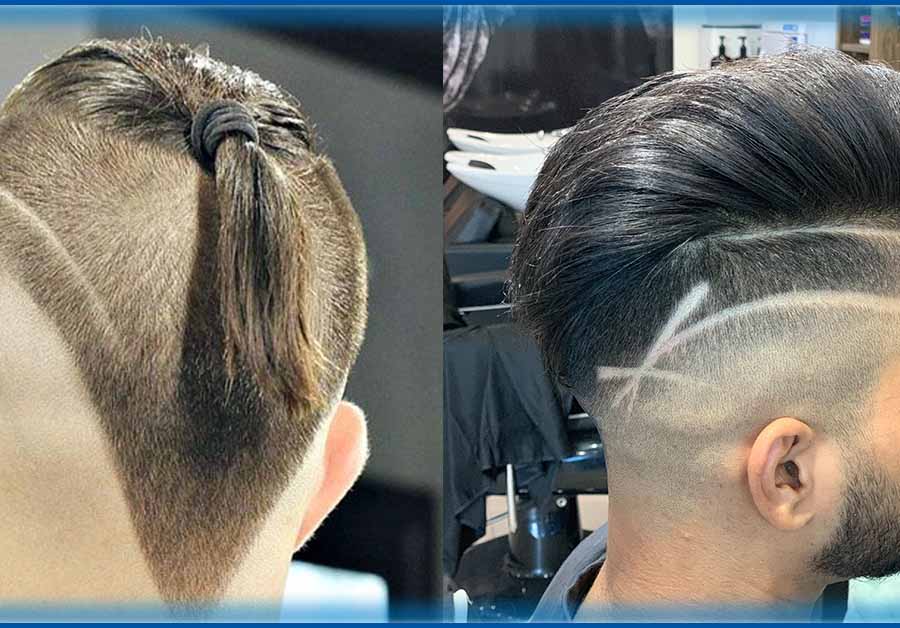
Adopting any hairstyle by shaving some part of the head and leaving the other long is not allowed. It is a disliked act in Islam. In fact, it is a full detailed answer from Qaza. This means, cutting your hair equally from all sides.
The Prophet (PBUH) saw a boy with part of his head shaved and a part left unshaven. He forbade them to do that, saying: “Shave it all or leave it all.” So every kind of partial cutting is forbidden in Islam.
- Shaving the middle part and leaving the sides as long
- Shaving Sides and leaving the middle as long
- Shaving back and leaving the top as long
Read also: 16 Best Ramadan Gifts for Muslims in 2023
Halal Haircuts in Islam:
You can have any size of hair but equally cut from all sides. Do not go down to the shoulders.
Sunnah Haircut | Prophet Muhammad (PBUH) Hairstyle
Here I’m discussing Prophet Muhammad’s (PBUH) Hair Style. So we can say it is an Islamic hairstyle or Islamic haircut.
- Prophet Muhammad’s (PBUH) hair was neither curly nor straight.
- Prophet Muhammad’s (PBUH) hair came down to His earlobes.
- Prophet Muhammad’s (PBUH) hair sometimes came down to His shoulders.
- Prophet Muhammad (PBUH) used to dye His hair sometimes.
- Prophet Muhammad (PBUH) used to part His hair.
- Prophet Muhammad (PBUH) did his Farewell Pilgrimage when His hair was stuck together.
- Prophet Muhammad (PBUH) sometimes used to braid His hair, especially when traveling to keep it from getting dusty.
Register on Binance through my referral link and share it with your friends. You can earn a high commission by promoting Binance with your friends, colleagues, and family members and everywhere online.
Islamic haircut images Sample
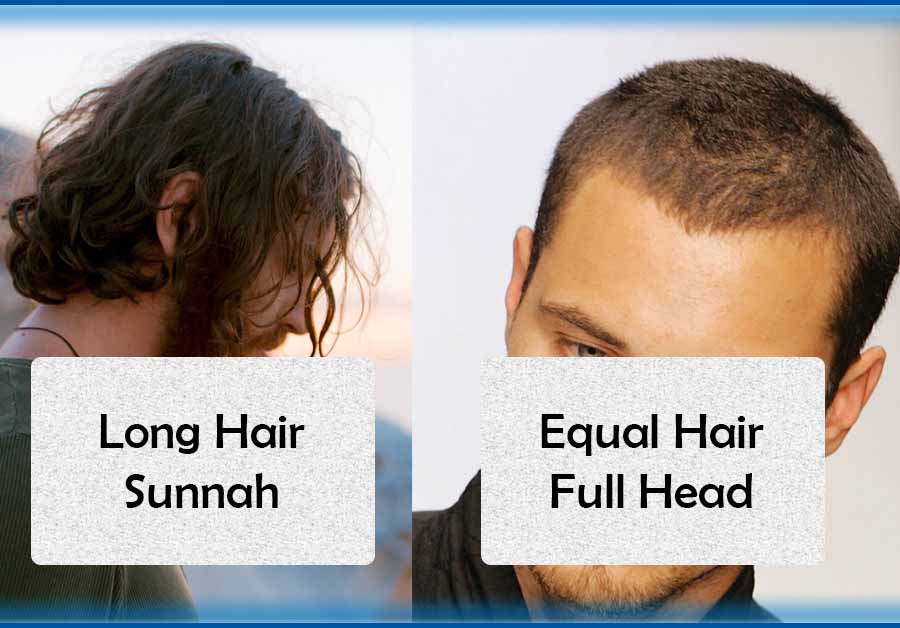
For your hair care, we have reviewed top Halal Hair Vitamins and Hair Gummies. These halal-certified gummies are best for any man or woman.
Questions Regarding Haircut/Hair Styles in Islam:
Is straightening hair with Gel allowed in Islam?
Yes, straightening hair with Gel is allowed in Islam. “It was narrated that Ibn ‘Umar (may Allaah be pleased with him) said: I saw the Messenger of Allaah (peace and blessings of Allaah be upon him) raising his voice in the Talbiyah, with his hair stuck together.” Narrated by [Al-Bukhaari, 5570; Muslim, 1184].
How long can a man have long hair in Islam?
A man can have as long hair as his earlobes or down to his shoulder.
Is it Sunnah to keep long hair?
Yes, keeping long hair down to your earlobes or to your shoulders is Sunnah.
Can a Muslim dye hair?
Yes, dying your hair and beard is allowed in Islam.
Can a female make a haircut of a male?
Not at all, But a Mahram in case, if no other option is available.
What did Prophet Muhammad say about hair?
Jubair ibn al-Mut’am narrated that the Prophet (PBUH) said:
I pour three handfuls of water over my head, and he pointed to his hands.
(Al-Bukhari, 1987)
As narrated by Abu Hurairah, the Prophet (PBUH) said:
Those who have hair should honor it.
(Al-Albani, 1985)
Read also: Best Azan Prayer Alarm Clocks for Muslims
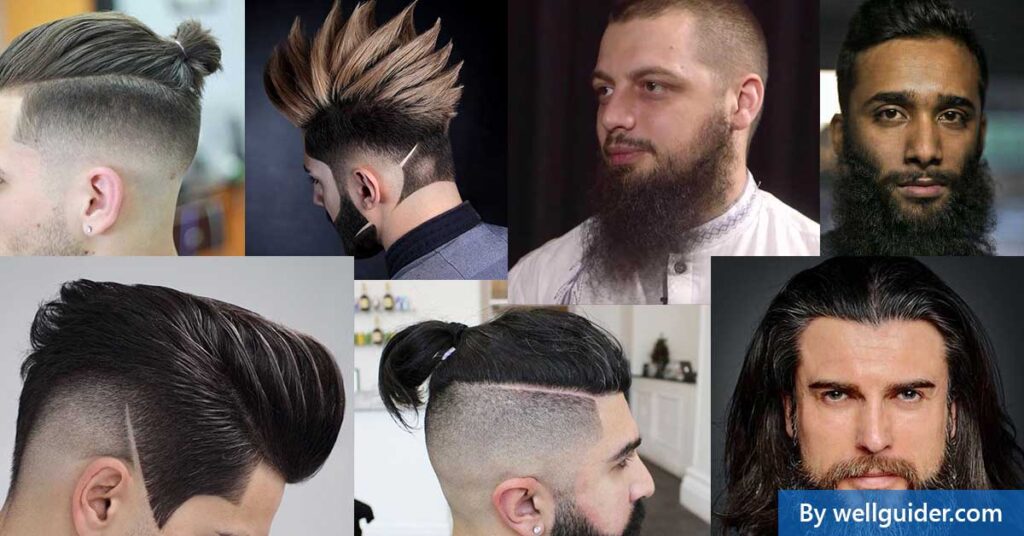


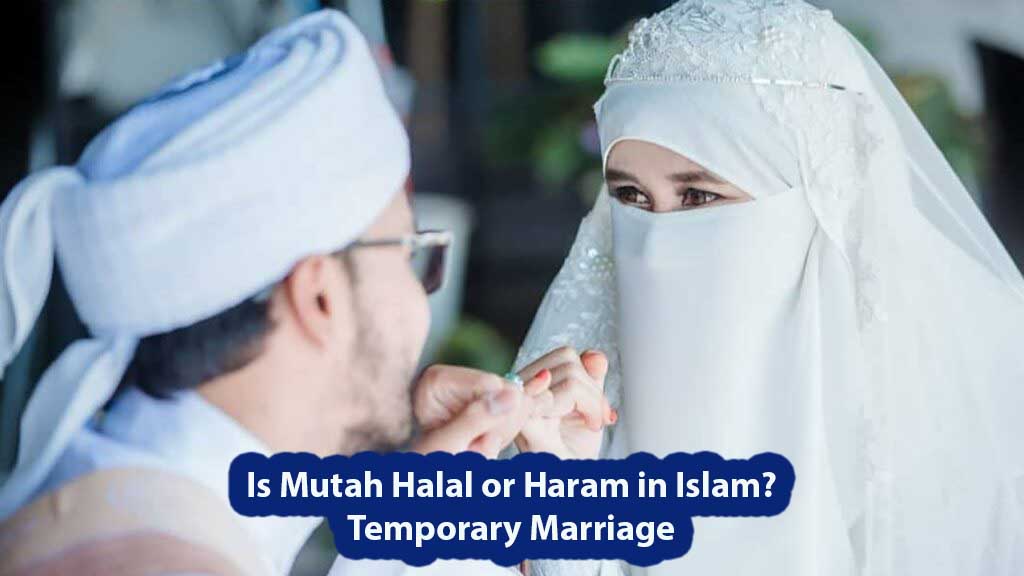
Pingback: Authentic Islamic Websites For Muslims | Online Islamic Education
Pingback: Is Freelancing Halal or Haram in Islam? Is Freelance Work Permissible?
Pingback: Halal and Haram Jobs in Islam | List of Haram Jobs & Business in Islam
Pingback: Benefits of Converting to Islam | Benefits of Being a Muslim
The very first image is not a woman’s haircut, it is called samurai haircut it is not haram
Its not halal 🙂 do your research